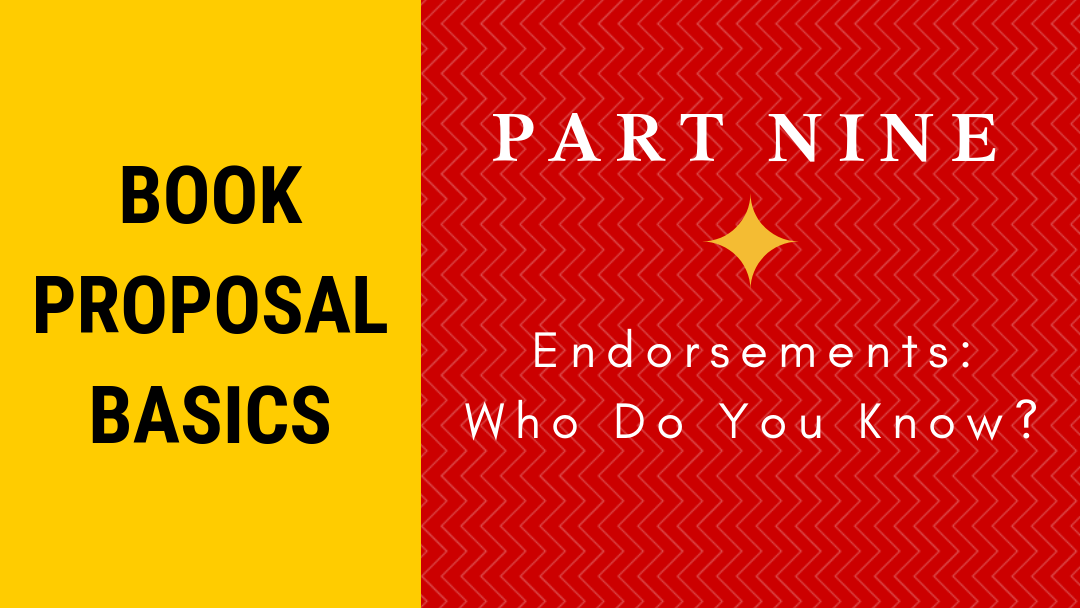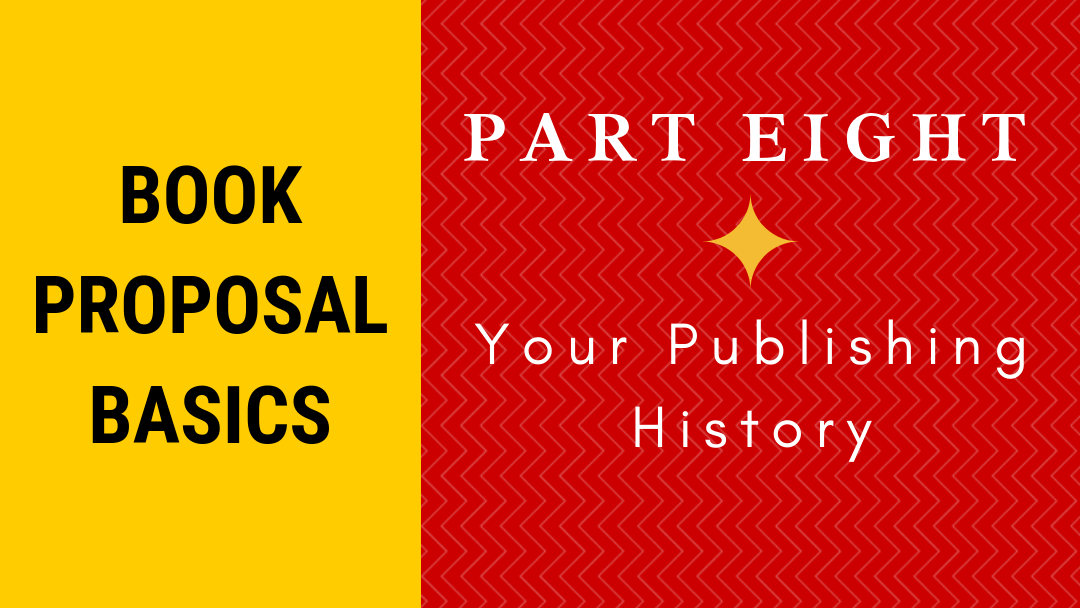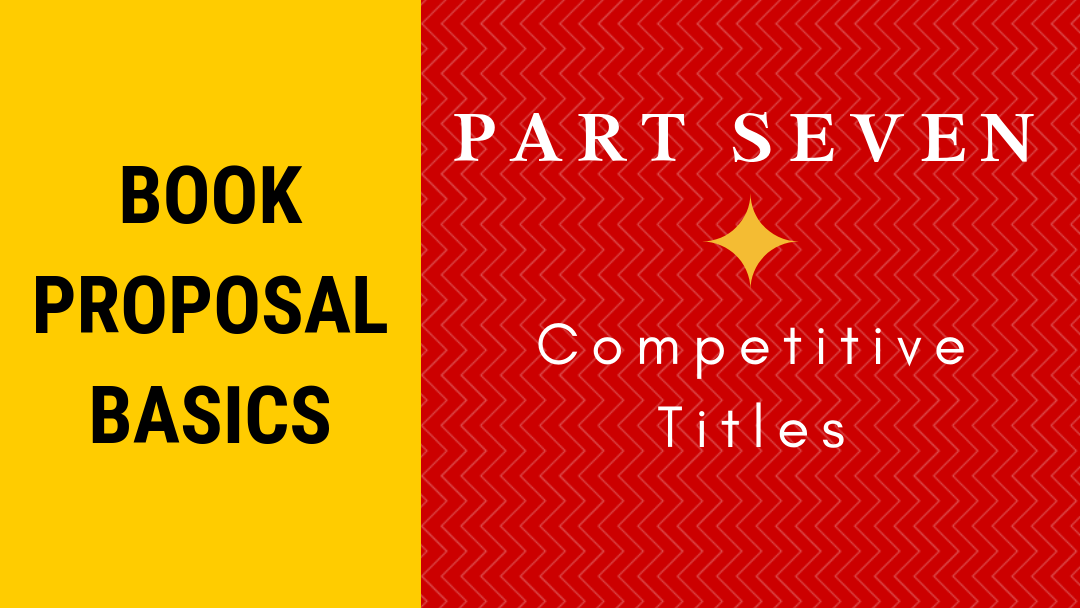Last week I discussed finding comparables for fiction, resulting in many requests that I address nonfiction proposals. I appreciate the input!
Of course, look for current books addressing your topic. But what if you think a little further and look at the audience? There will be some overlap, but these are broad ideas:
Readers Seeking Self-Improvement and Edification: I believe most frequent readers of nonfiction fall into this category. As Christians, we seek to grow, and areas of improvement are countless and broad. This reader may not have an urgent problem, but wants an informative and perhaps even fun and lighthearted read about a topic that interests him or her. Your book may be titled something like Snow White Is No Longer a Brunette: God’s Gifts as We Grow Older. The challenge for this author is to demonstrate, through a dynamic and active platform, that thousands of readers can relate to what she’s saying because she’s already talking about the topic, and readers want to hear more. Here, platform can overcome other current offerings, but it’s still a good idea to show how your book is different from others.
Readers Seeking Answers to a Specific Question Today: This reader has been hit with a new problem and is seeking guidance on how to cope. The reader may be battling with emotional trauma, has lost his spouse, or parents may have just discovered that despite a Christian upbringing, their child is troubled. These readers want actionable answers, and they want them now. Here, the author’s approach is that of a friendly, kind, knowledgeable blend of pastor and psychologist. Your book title may be along the lines of, Experiencing Grief Through God’s Grace. Your topic may be perennial because human suffering will take place as long as people dwell upon the earth. Show how your book is different from current offerings and why readers are clamoring to hear about this topic from you as an author.
Students and Academicians: Perhaps you are writing to a particular type of reader to add to the knowledge available on a topic or to put forth a new theory. While professors may use your book for classroom study, that may not be your primary purpose. Your book title may be along the lines of, The Doctrine of Justification as Found in the Writings of Jonathan Edwards. Your challenge is to find books that address your topic, to show that yours introduces a new take on the subject, why you are considered an expert, and why people will buy your book over others currently on the market. The “academic” section at ChristianBook.com is an excellent place to start searching for comparable titles: click here
Writing for any category and publisher is a worthwhile endeavor. Regardless of your writing and publishing plans, finding comparable titles is always a good way to educate yourself on what’s on the market. And who knows? You may find many wonderful books for your library!
Your Turn:
What category of reader did I miss?
What is your favorite nonfiction book you have read lately?
What tips can you offer nonfiction writers?











